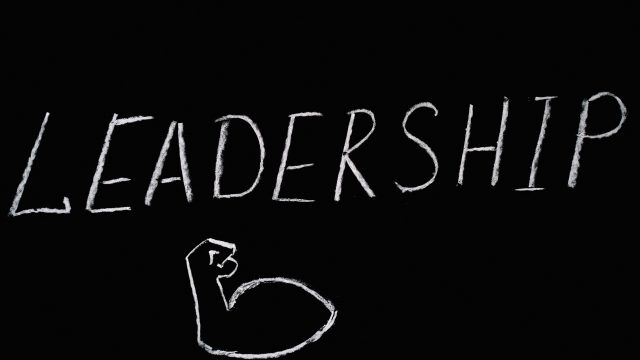The feeling of being overwhelmed tends to sneak up on us. We often equate being overwhelmed to an overabundance of responsibilities. In general, I find most people tend to balance a lot of responsibilities without even realizing just how much they take on and accomplish every day. It is truly remarkable. But at what toll? The danger in taking on so much without being cognizant of it is that a tipping point can occur without much warning. In reality, the state of being overwhelmed has more to do with the emotional response to tangible obligations than the duties themselves.
When we are overwhelmed, we can experience heightened levels of stress, anxiety, exhaustion, and even depression. We tend to lose focus and our ability to operate in an effective and efficient manner deteriorates. Like a flash flood, this can happen with very little warning, become cyclical, and spiral downward pretty quickly. The good news is that you can seize control and redirect your efforts and mindset to a healthier model for you.
Here are 8 steps to stop feeling overwhelmed:
- Pause. That’s right; stop what you are doing and give yourself permission to step back and assess your priorities. Meditate, if only for 5 minutes. Take a breath. Feel your breath. Let things settle. Now… start paying attention to your internal and external needs and determining what is and is not truly important. Internally, you need to take time to assess your needs and the needs of those close to you first and then work your way outward. If you do not have sound balance internally, then it is very unlikely to have balance in anything else you do.
- Take action. Once you have prioritized your needs and wants, it is time to let some things go. Delegate things that others can take on. Set aside things that are not time-sensitive. And relinquish things that you are doing purely out of a sense of obligation. This activity will be simultaneously liberating and challenging.
- Commit to less. After you have reassessed your current activities, it’s time to break the cycle. Set boundaries for yourself on what you will and won’t take on and stick to it. Otherwise you will be back to square one before you know it. Remember, it is perfectly okay to say “no”. Give yourself permission to do so.
- Simplify. I talk about this with regard to The BUILD Framework® in terms of managing your time and mitigating crisis. You do not need to be perfect; aim for excellent. Perfection is trying to do everything and be all things to all people. It’s an impossible standard. Excellent is being great at the things you choose to do. Simplify what you do and how you do it. This doesn’t just come down to activities, but mindset as well. Here are some examples:
- Only spend time focusing on the positive.
- Set up auto-reorders for things you regularly need so that you do not have to take the time to order or shop for them.
- Write out a meal plan for the week.
- Engage only with those to whom you bring true value (or receive authentic value from).
- Acknowledge and own your feelings. When we do activities we do not enjoy or engage with people who do not share our value or vision, it is not very rewarding. This does not mean you are going to love every obligation you have or person with whom you interact, but it does mean that you can and should acknowledge those feelings and adjust what you can to change the narrative to something more enjoyable.
- Share your needs and wants. Many of us forget to share or needs and wants with those around us. Whether it is on a personal or professional level, you should identify those with whom you share the same vision and values and share your needs and wants with them. It is unreasonable to expect help and support if you do not voice your preferences. You will be pleasantly surprised with the fact that others will want to reciprocate the effort and value you bring to their lives.
- If you share your needs and wants, you then need to let others contribute. And you can take the concept of letting others contribute one step further and expect the same from others that you expect of yourself. For those that are in your inner circle, personally or professionally, there should be shared values and vision. If this is not the case, reassess. But, if this is the case, then you can expect from them what you expect of yourself. And when you express needs or wants, let them contribute.
- Finally, make yourself a priority. When there is no self-care, we can get overwhelmed really fast. Make a list of things you need and want. Make sure you set aside time every day to do at least one of each. Whether it is working out, reading a book, taking a bath, or watching your favorite show, send yourself the message that your needs and wants are important.








